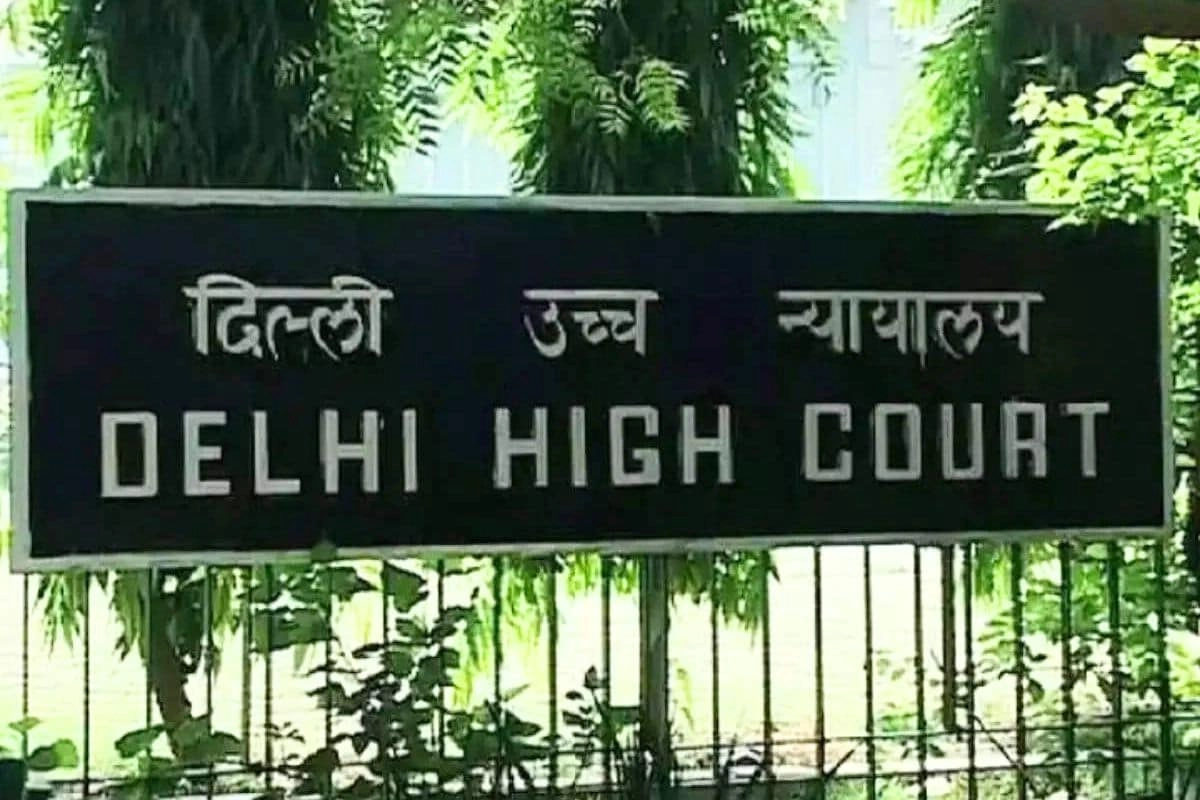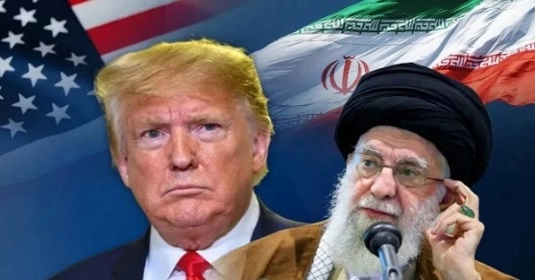The Delhi High Court recently issued a directive to the central government regarding the ongoing discourse surrounding the potential renaming of India as Bharat. This request, which has gained traction among various political and social groups, underscores a deeper cultural and historical debate about national identity. The court’s involvement is indicative of the legal and constitutional implications tied to such a significant change. It has prompted discussions not only about the name itself but also about the underlying values that the name represents in the context of Indian society.
The plea to rename India as Bharat is rooted in the belief that the term ‘Bharat’ reflects the country’s ancient heritage and cultural roots more accurately than the colonial-era name ‘India.’ Proponents of the change argue that ‘Bharat’ is derived from ancient texts and signifies the country’s rich traditions and civilizations that predate colonial influence. This perspective emphasizes a return to indigenous identities, fostering a sense of pride and unity among the diverse populace of the nation. The ongoing debate raises questions about how names shape national narratives and the collective consciousness of a country.
The Delhi High Court’s directive to the Centre to respond to this plea is a critical step in the legal process, as it mandates the government to articulate its stance on the matter. The implications of such a renaming are vast; it affects not only legal documents and international treaties but also the perception of the country on the global stage. The court’s involvement serves to ensure that any decision made is grounded in legal frameworks and respects the democratic processes of the nation. As discussions continue, it is clear that the dialogue around the name ‘India’ versus ‘Bharat’ is not merely a matter of nomenclature but is intertwined with issues of national identity, historical legacy, and cultural pride.
As this debate unfolds, it will be interesting to see how public opinion shapes the narrative, especially given India’s diverse population with varying views on identity and heritage. The outcome may set a significant precedent for how countries perceive their own history and how they choose to represent themselves in a global context. In a country as multifaceted as India, the conversation about its name reflects broader themes of unity, diversity, and the ongoing quest for a cohesive national identity.




